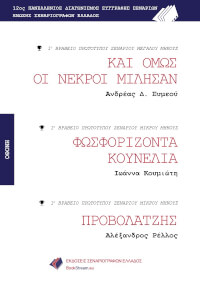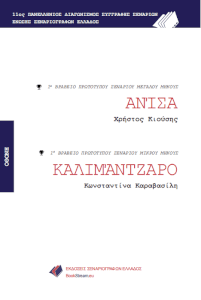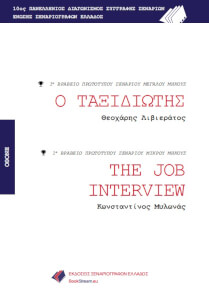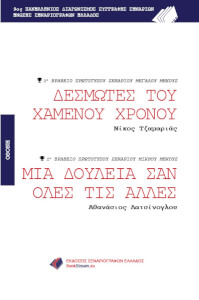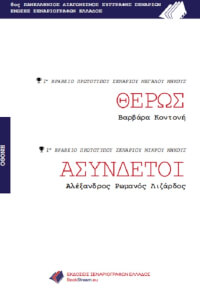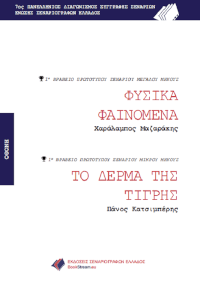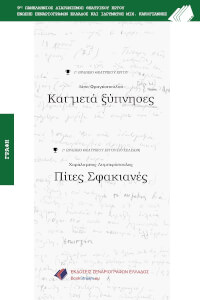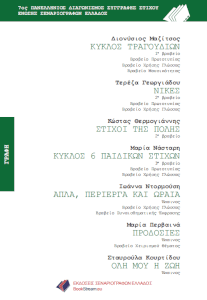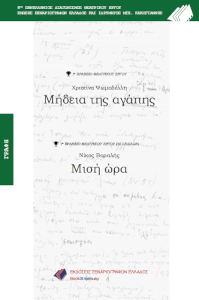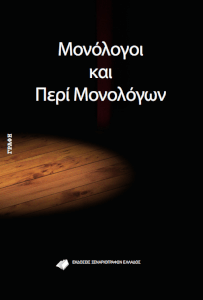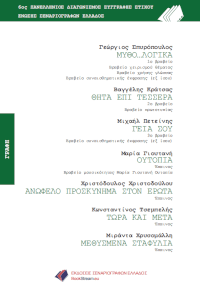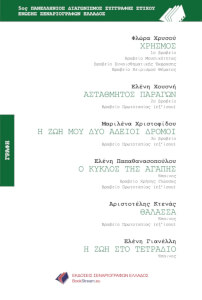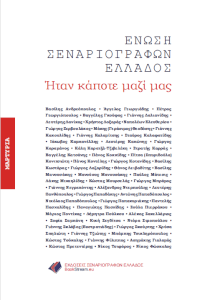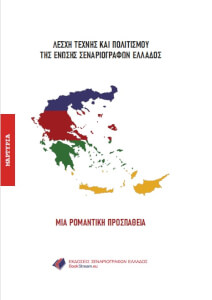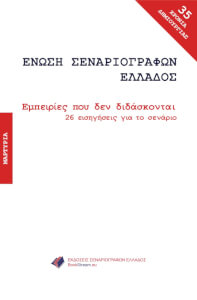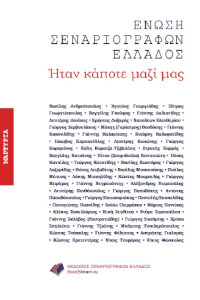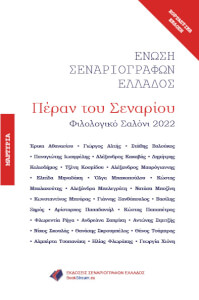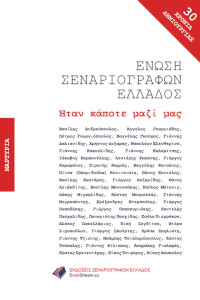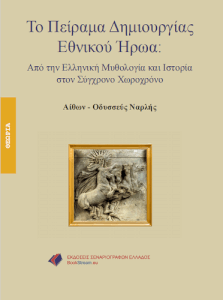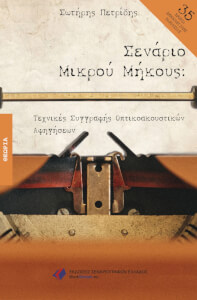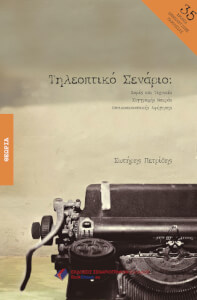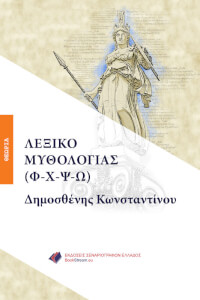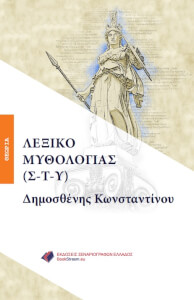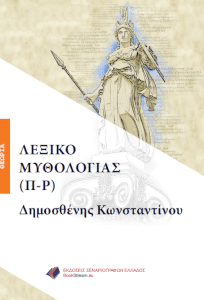FSE Insights - Minutes of the December 16, 2024 meeting with the European Commission – Key points for screenwriters

On Monday, December 16, 2024, the FSE participated in a stakeholder meeting organized by the European Commission (DG CONNECT). This session brought together key players from the film and audiovisual sector to address critical topics, including the regulatory framework, funding mechanisms, and market developments.
Four key areas have an impact on screenwriters:
1. Creation of a centralized opt-out directory to protect works against AI
A representative of the Commission’s Copyright Unit presented a feasibility study for the creation of a centralized opt-out directory. This initiative aims to facilitate the implementation of the Text and Data Mining (TDM) exception, which allows authors to object to the use of their works for training artificial intelligence (AI).
Summary of key points:
• Objective: Simplify the implementation of rights reservations (opt-outs) to prevent the non-consensual use of works in AI training.
• Safeguards: The absence of registration in the directory will not invalidate the opt-out; existing opt-outs remain enforceable.
• Next steps: A preliminary feasibility study will be launched to evaluate the system.
Transcription :
"Yes, indeed, I mentioned that we are working on making the opt-out system to work as good in practice as possible because indeed we came across many challenges, few of them I mentioned.
One of the solutions that we wanted to check that could be helpful is indeed this kind of repository of opt-outs. And we are planning to indeed launch a feasibility study to check if this is something that would help and would be useful and would improve the implementation of the opt-out system from the TDM.
So this is something that is not yet launched, but indeed it's in the pipeline. And I would maybe want to make a point to preempt a little bit maybe and follow up question or something that we heard often as a little bit of misconception.Because some of the stakeholders, right holders are worried that this repository would mean that if the opt-out from the TDM exception is not kind of registered in this repository, it will mean it's not enforceable.
So from the outset, I would like to say that it's not the case. That would be clear in the terms of reference for this study.And secondly, it's only a feasibility study to basically see if this is something that could make the situation better, could help with the practical implementation of the opt-out system from the TDM.
Once the study concludes that this is the case, we can think about further steps, but this is very preliminary step in assessing the situation."
2. Broader impact of AI: Skills and creation processes
The Commission also discussed the broader impact of AI on creative industries, including the evolving role of technology in creation processes and skills development.
A dedicated strategy on AI’s impact on cultural and creative sectors will be launched, with consultations planned to address key concerns.
3. Revision of the Audiovisual Media Services (AVMS) Directive
The Commission reminded stakeholders that the AVMS Directive will be reviewed by December 2026 to assess its impact on promoting European works and addressing market changes.
Two urgent issues were raised:
1. Video platforms like YouTube:
• Platforms initially defined as “user-generated content” are now operating as professional media players.
• Several participants called for platforms like YouTube to be subject to funding and promotion obligations under the AVMS Directive.
• The Commission acknowledged the urgency and suggested guidelines could address these issues before the full revision.
2. Definition of European works:
• The case of Barbie, an American film qualifying as European content, was cited as an example of inconsistency.
• Participants requested immediate adjustments to prevent such situations.
4. Access to funding: Creative Europe and children’s content
Key points raised:
• Producer independence: Discussions on redefining “independence” to better protect small and medium-sized producers from growing market concentration.
• Children’s content:
• Decline in investments due to competition from platforms like YouTube and falling advertising revenues.
• Proposed solutions:
• Mandatory quotas for children’s content.
• Increased support through the Creative Europe program.
Ενημέρωση: 18-12-2024



